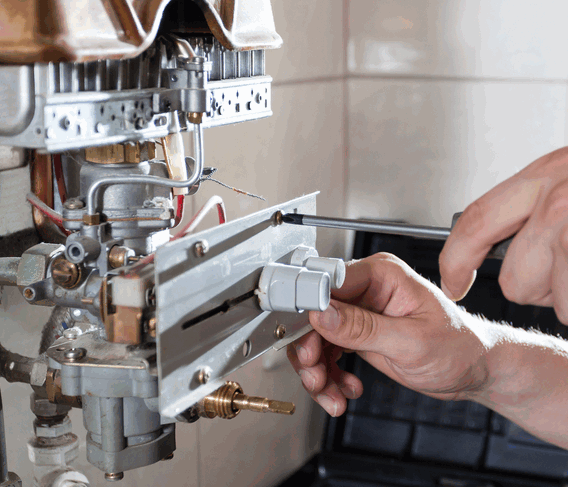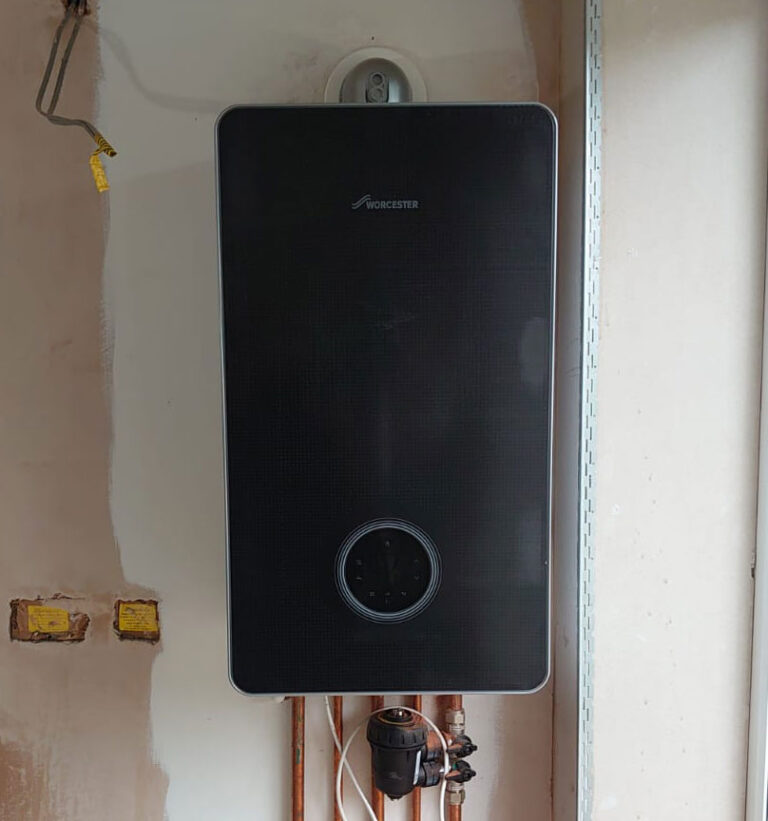Common Boiler Problems
Boilers are essential components of many heating systems, providing hot water and heat to homes and businesses. However, they can encounter a range of common problems that can affect their performance and efficiency. One of the most frequent issues is the loss of pressure. This can be caused by a variety of factors, including leaks in the system, faulty pressure relief valves, or issues with the expansion vessel. Low pressure often results in insufficient heating and hot water supply, prompting the need for regular pressure checks and potential adjustments or repairs by a professional.
Another common problem is the presence of leaks. Leaks can occur in various parts of the boiler, such as the pipes, radiators, or the boiler itself. These leaks not only reduce efficiency but can also cause significant damage to the surrounding areas. Corrosion, poor installation, or component wear and tear are typical causes of leaks. It’s important to address leaks promptly to prevent further damage and ensure the system operates correctly.
Kettling is another issue that many boiler owners face, characterized by a loud banging or rumbling noise. This is usually caused by limescale build-up on the heat exchanger, which restricts water flow and causes it to overheat. Kettling can lead to inefficiency and increased wear on the boiler. Regular maintenance and the use of water softeners can help prevent this problem.
Pilot light issues are also prevalent, especially in older boilers. The pilot light may go out due to a faulty thermocouple, draughts, or a build-up of debris. Without a functioning pilot light, the boiler cannot ignite, leading to a lack of heating and hot water. Regular inspection and cleaning of the pilot light can mitigate this issue, and replacing faulty components is often necessary.
Thermostat problems can significantly affect the boiler’s performance as well. If the thermostat is malfunctioning or not calibrated correctly, it can result in the boiler not responding to temperature settings accurately. This might lead to the system not heating up when needed or heating excessively. Upgrading to a programmable thermostat can offer more precise control and improve overall efficiency.
Radiator problems are also common and can indicate underlying boiler issues. Cold spots on radiators often suggest a build-up of sludge or air in the system, which prevents the hot water from circulating properly. Bleeding the radiators to release trapped air and power flushing the system to remove sludge can resolve these problems and restore efficient heating.
Frozen condensate pipes are a frequent issue during cold weather, particularly for condensing boilers. The condensate pipe can freeze and become blocked, causing the boiler to shut down. Insulating the pipe and ensuring it is installed with a gentle slope to facilitate drainage can prevent freezing. In cases where the pipe does freeze, thawing it with warm water can usually resolve the issue.
Boilers can also suffer from a lack of regular maintenance, which leads to various problems over time. Annual servicing by a qualified technician is crucial to identify and address potential issues before they escalate. Regular maintenance includes checking the system for leaks, cleaning components, and ensuring all parts are functioning correctly.
In summary, common boiler problems include loss of pressure, leaks, kettling, pilot light issues, thermostat malfunctions, radiator problems, frozen condensate pipes, and a lack of regular maintenance. Addressing these issues promptly through regular checks, maintenance, and professional servicing can enhance the boiler’s efficiency and longevity, ensuring a reliable supply of heat and hot water. Proactive management and timely repairs are key to preventing these common problems from causing significant disruptions and costly damage.



